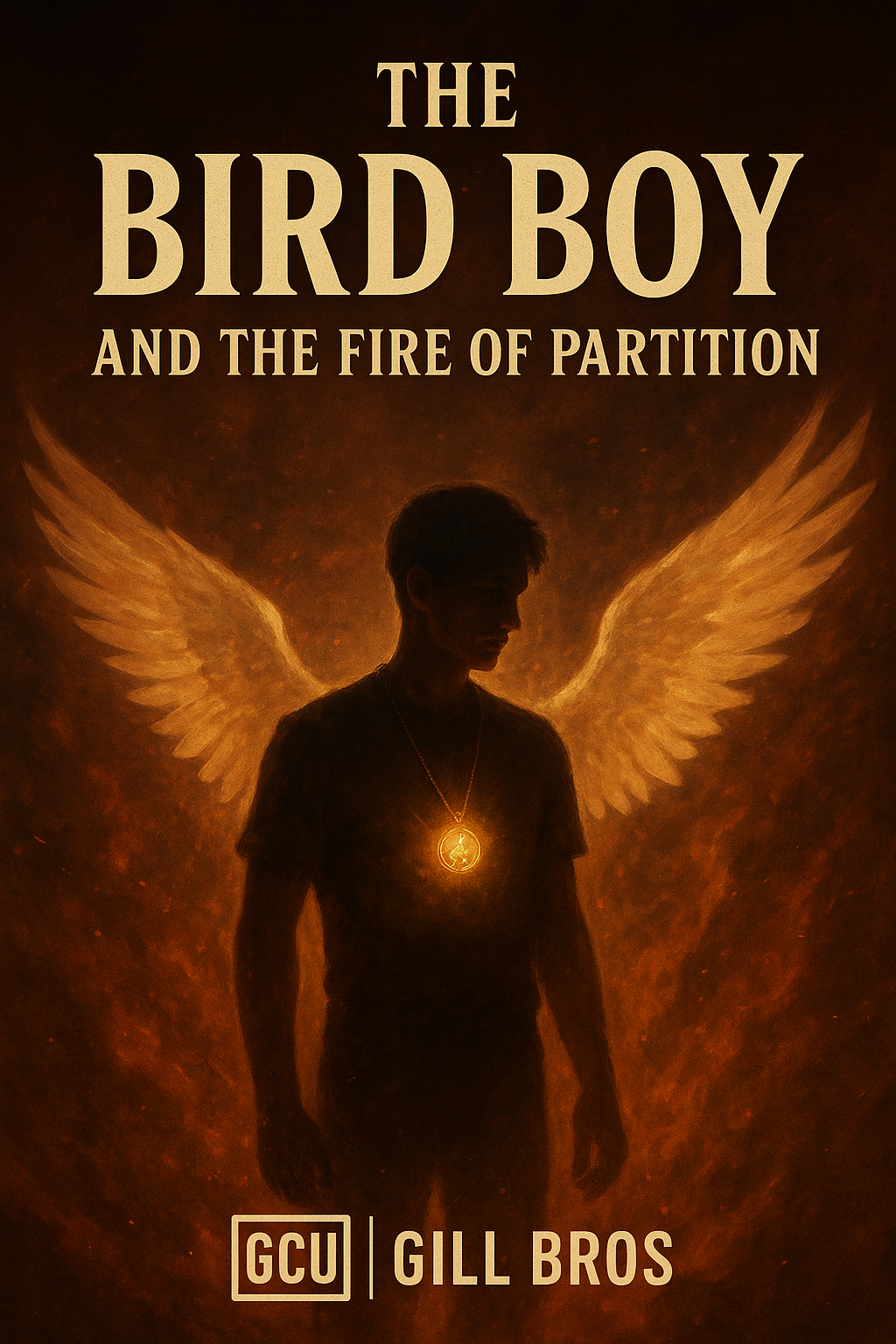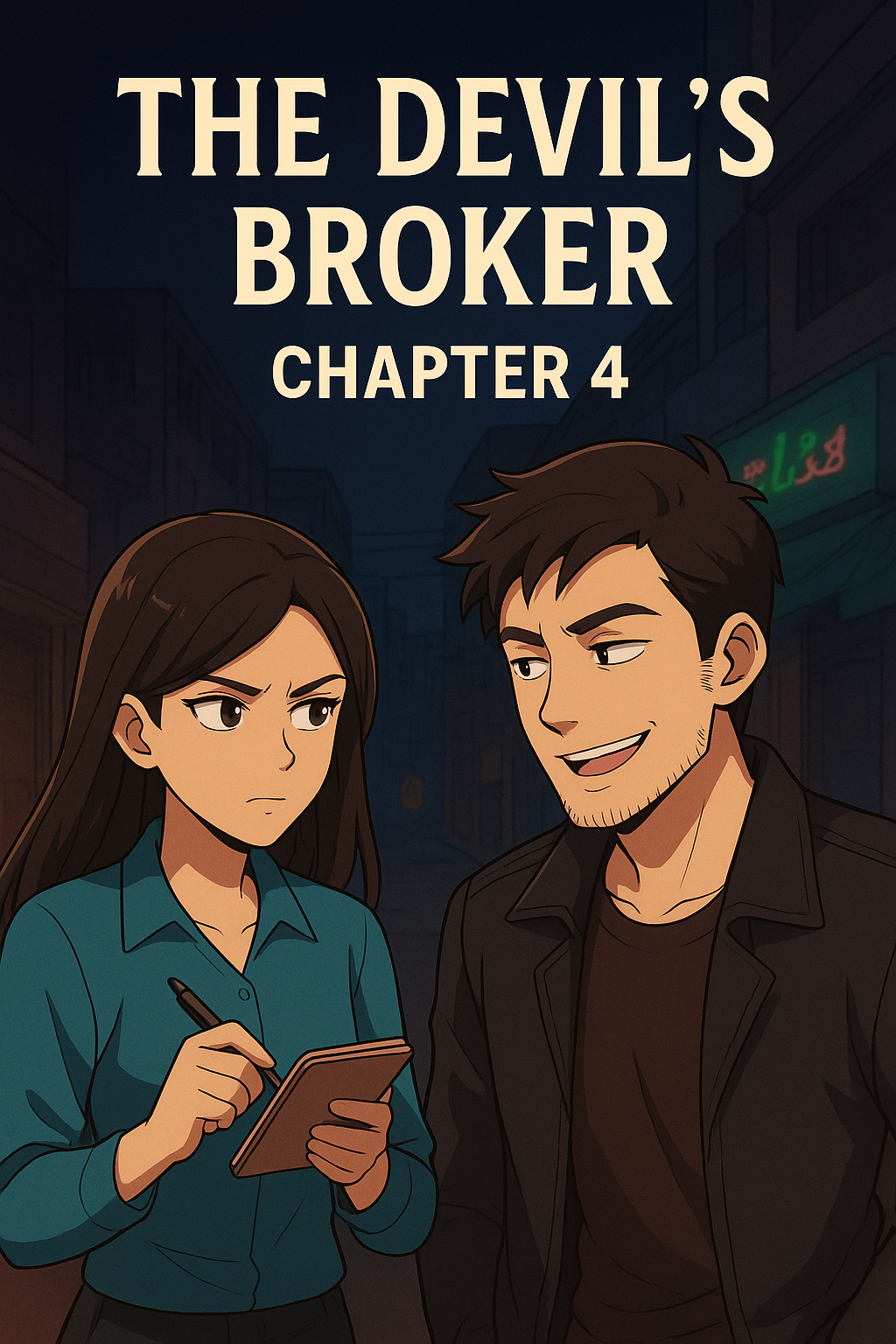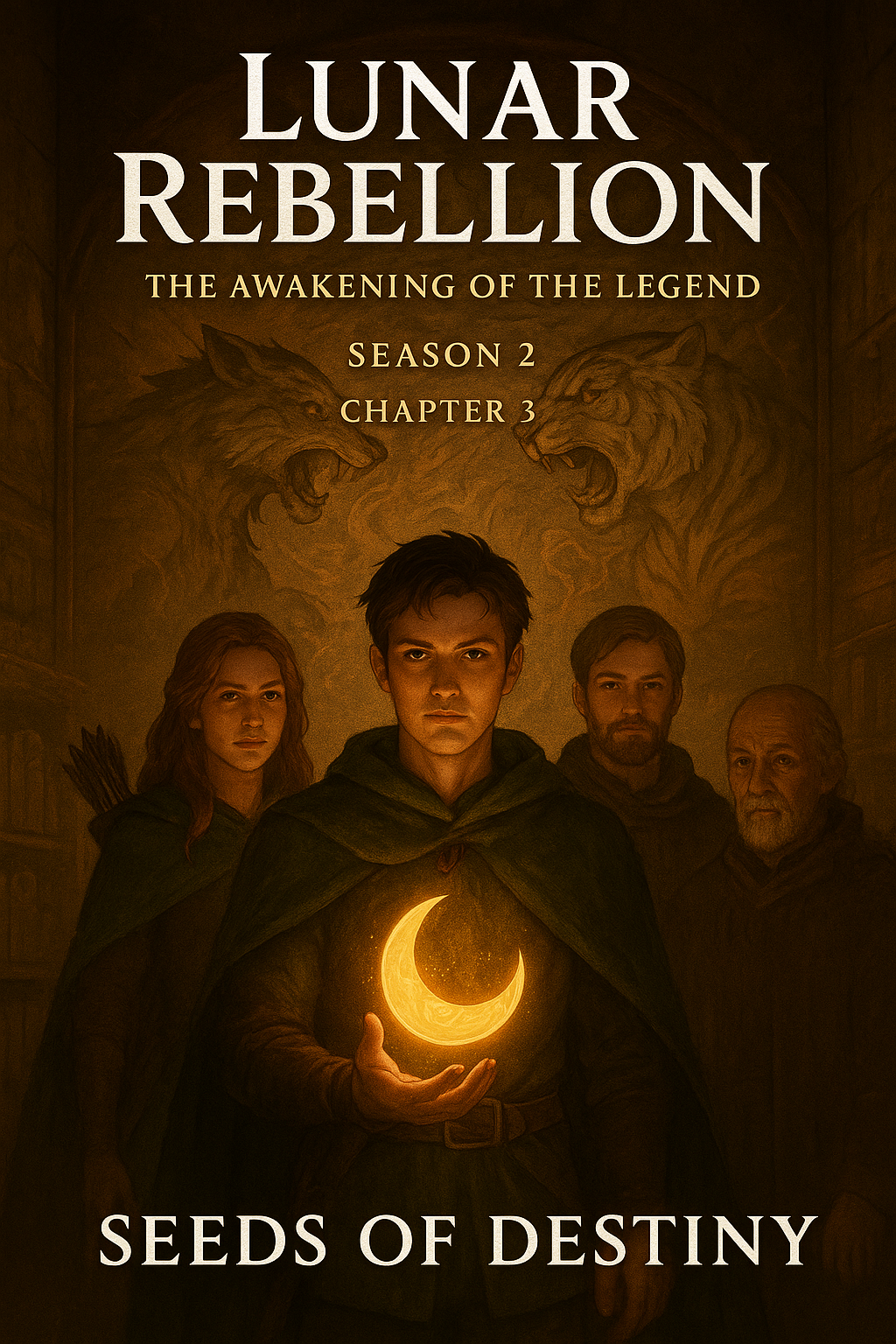Whispers of the Tide
City Girl Finds Love in Coastal Town
The small coastal town of Havenbrook was a place where time moved like the gentle ebb and flow of the sea. Cobblestone streets wound past cottages with ivy-clad walls, thekioir windows glowing like amber in the twilight. The air smelled of salt and blooming jasmine, and the distant crash of waves was a constant lullaby. It was here, in this quiet corner of the world, that Clara Hartley found herself standing on the edge of something she couldn’t yet name.
Clara was an artist, though she hadn’t painted anything worth keeping in months. Her studio—a converted lighthouse at the edge of the cliffs—was cluttered with half-finished canvases, their colors muted and chaotic. Grief had a way of stealing beauty, and the loss of her mother a year prior had left her adrift, her creativity buried beneath layers of sorrow. She’d come to Havenbrook to escape the noise of the city, but the silence here felt heavier somehow, as if the waves themselves were waiting for her to speak.
One stormy afternoon, the skies cracked open with a violence that sent tourists scurrying into shops and locals bolting their shutters. Clara, caught in the downpour during her daily walk, ducked into the first open door she saw: The Mariner’s Page, a bookstore so old its wooden sign creaked like a ship’s mast. The bell above the door jingled, and she stumbled inside, dripping onto warped floorboards.
“You’re tracking in half the Atlantic,” a voice drawled from the shadows.
Clara turned, wiping rain from her eyes. A man leaned against a ladder, his sleeves rolled to the elbows, a book in one hand. His dark hair was tousled, as though he’d been running fingers through it, and his eyes—a startling shade of sea-green—narrowed in mock annoyance. There was an edge to him, a quiet intensity that made her pulse skip.
“Sorry,” she said, breathless. “I’ll… buy a towel. Or a book. Do you sell towels?”
He smirked, setting the book down. “Just stories. But I’ve got a rag in the back.”
He disappeared behind a curtain, returning with a faded cloth. Clara dabbed her face, aware of his gaze lingering on her. She noticed the titles stacked around him—Hemingway, Brontë, Woolf—and a typewriter perched on the counter, its keys worn with use.
“You’re Elias Blackwood,” she realized aloud. The reclusive novelist. His debut, The Ghosts of Nowhere, had been a sensation years ago, but he’d vanished from the public eye shortly after. Rumors swirled about a broken engagement, a scandal, a collapse.
His smile faded. “And you’re Clara Hartley. The painter who avoids galleries like they’re haunted.”
She stiffened. “How do you—?”
“Small town,” he said simply, though his eyes betrayed a flicker of curiosity. “You’re the one renting the lighthouse.”
The rain hammered the roof as silence settled between them. Clara glanced at the typewriter, a half-filled page peeking out. “Writing something new?”
“Trying.” The word was sharp, final.
She didn’t press. Instead, she wandered the aisles, her fingers brushing over spines. When she reached for a collection of Mary Oliver poems, Elias appeared beside her, close enough that she caught the scent of ink and cedar.
“You’ll like that one,” he said, his voice low. “‘Tell me, what is it you plan to do with your one wild and precious life?’”
The quote stirred something in her chest. She bought the book, if only to flee the heat of his stare. But as she stepped back into the storm, he called after her:
“The light’s best at sunrise. Up in the tower.”
Days passed. Clara found herself rising before dawn, mixing paints in the pale glow of morning. She didn’t admit—not even to herself—that she hoped Elias might appear. But one morning, as streaks of pink and gold bled across the horizon, there was a knock at her studio door.
He stood holding two steaming mugs, his hair windswept, a leather satchel slung over his shoulder. “Coffee,” he said. “And a peace offering.”
Inside the satchel was a sketchbook, its pages filled with pressed sea lavender, sketches of tide pools, and fragments of poetry. For the artist who forgets to look up, read the inscription.
They didn’t speak much that first time. Elias settled into an armchair by the window, scribbling in a notebook, while Clara painted. But his presence was a quiet catalyst; her brushstrokes grew bolder, colors brighter. When she finally stepped back, the canvas alive with swirling blues and the faint outline of a man standing at the water’s edge, he said softly, “There you are.”
Clara’s breath caught. No one had seen her—truly seen her—in so long.
Weeks unfolded in a rhythm of stolen moments. Elias brought her coffee and obscure novels; she packed picnics of crusty bread and figs, dragging him to hidden coves where they swam in the icy sea. He told her about his fiancée, a pianist who’d left him for a life in Paris, and the manuscript he’d burned in a fit of despair. Clara confessed her fear that grief had erased her artistry forever.
“You’re not broken,” he said one evening, tracing the curve of her jaw as they lay on a blanket of sand. “You’re a mosaic. All the pieces are still there—they just need rearranging.”
When he kissed her, it was slow and deep, the taste of salt and recklessness on his lips. The world narrowed to the scrape of his stubble, the way his hands tangled in her hair as if she were something rare.
But Havenbrook’s whispers found them. At the market, old Mrs. Peabody clucked about “that writer and his new muse,” and Clara’s father called, urging her to return to the city. “You can’t hide forever,” he chided. Elias, too, grew distant, retreating into storms of silence. One night, she found him staring at a letter, his face ashen.
“They want me in New York,” he said. “A publisher. They’re offering… a lot.”
Clara’s heart sank. “When?”
“Two weeks.”
The days that followed were a fever dream. They argued—fierce, breathless fights about fear and abandonment—and made up in desperate embraces, as if passion could turn back time. The night before his flight, Elias led her to the cliffs, where bioluminescent waves glowed beneath the moon.
“Come with me,” he begged, his forehead pressed to hers.
But Clara’s roots were here, in the soil of her mother’s memory, in the lighthouse that had finally started to feel like home. “I can’t,” she whispered.
He left at dawn. She didn’t watch him go.
Autumn arrived, crisp and golden. Clara painted furiously, her work now tinged with melancholy—seascapes at twilight, lone figures on distant shores. Her first gallery showing in the city was a triumph, critics praising her “raw, luminous revival.” But the applause rang hollow.
On the eve of winter, a storm rolled in. Clara sat by the fire, tracing the spine of the Mary Oliver book, when a knock echoed through the lighthouse.
Elias stood on the threshold, soaked and shivering, a manuscript clutched to his chest. His eyes were raw with sleepless nights.
“I couldn’t finish it,” he said. “Not without you.”
The pages were filled with a story she knew by heart—a painter and a writer, a town by the sea, love as vast and restless as the ocean.
Clara pulled him inside, her tears mingling with the rain on his skin. Outside, the tide whispered secrets only lovers could understand.
Years later, tourists would visit Havenbrook and ask about the couple in the lighthouse—the artist with sun-bleached hair and the novelist who walked the cliffs every morning, a toddler balanced on his shoulders. Locals would smile and say they’d rewritten every love story ever told.
And in the studio, two weathered chairs sat side by side, facing a canvas alive with color. On its corner, painted in careful script, were the words Elias had whispered the night he returned:
“You are my wild and precious life.”
THE END
Share this content:





Post Comment